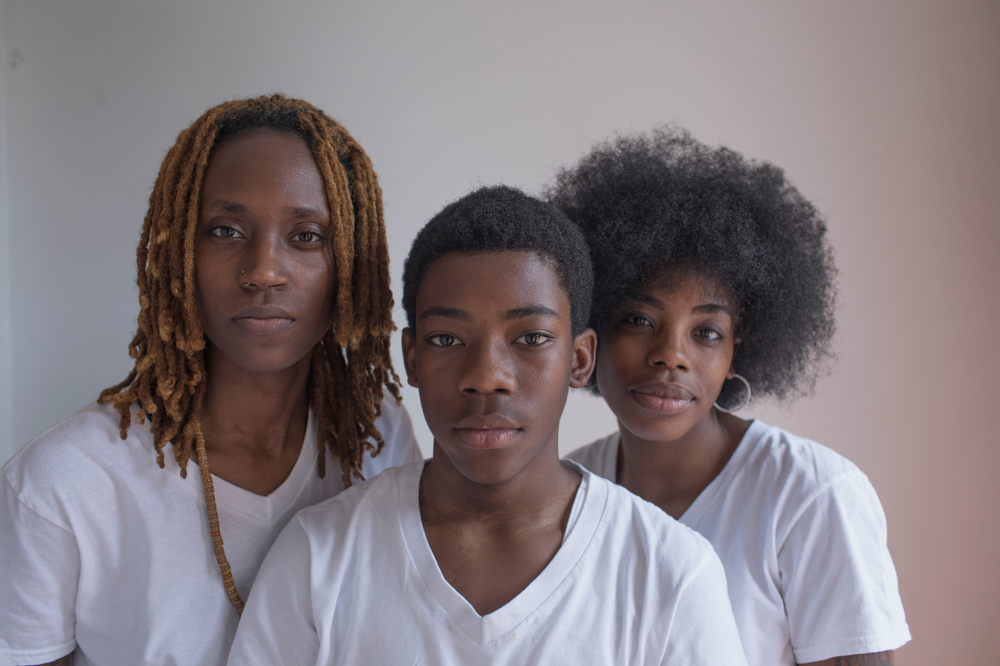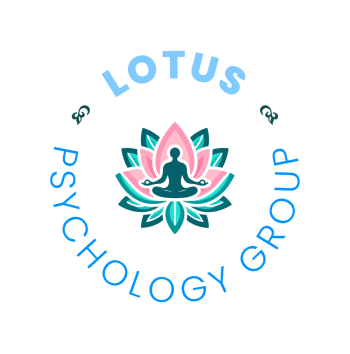Black History Month: Exploring the Importance of Equity in the Healthcare System
“Of all the forms of inequality, injustice in health care is the most shocking and inhumane.” This quote from Dr. Martin Luther King, Jr. was spoken decades ago, but it sadly still rings true for many people of color. During Black History Month and year-round, seeking to recognize, increase awareness of, and take steps to change disparities in the availability and accessibility of health care should always be something we strive for. As therapy professionals, the team at Lotus Psychology Group works to create an office environment where all people feel welcome and are able to receive the support they desire in reaching their goals. In this blog, you can learn more about the gap between need and the available therapy and healthcare resources for people of color and why the Lotus Psychology Group is so passionate about creating a more equitable healthcare system.
What Is Healthcare Inequity?
In the U.S., there are enormous gaps in the availability and accessibility of healthcare for people of color. Some claim that these gaps are shrinking, but year after year, studies show that the disparity between the need for care and access to it persists and grows. This inequality stems from the visible and invisible structures that perpetuate racist beliefs and practices in our country. A racist healthcare system is one that determines the value of providing care based on an individual’s outward appearance, specifically their skin color. This assignment of value can impact access to care, quality of treatments, and availability of appropriate practitioners.
That’s all very technical. What it really means is people of color, based solely on the color of their skin, may not have the same access to medical care and therapy services. Take a very minor example that you can see any day in your local grocery store. The majority of bandages are made to blend in with the color of white skin. It’s easy to say, “Who cares? They don’t really match those skin tones either.” However, a white person can reasonably expect to find products for healthcare labeled as “flesh-toned” that will match their skin color. This is not true for people with darker skin. Even on the most basic level, there are blatant gaps in health equity, so it’s no surprise that these inequities are also seen on a larger scale. While not having a bandage that matches your skin tone may not be a huge problem, not having access to the same level of care as another person entirely based on skin color also leads to increase in health risks, higher death rates, and serious concerns with health care for people of color.
How Can We Change Health Inequity?
Doing research and staying informed are two of the easiest ways any individual can help increase health equity. Ask local organizations and/or politicians what efforts are being made to close the gap between healthcare need and availability for people of color in your community. Promote and amplify the voices of people of color who are speaking on this subject whenever possible whether it be in the real world or via social media and other outlets.
Visit Lotus Psychology Group
At Lotus Psychology Group, we recognize the generations of inequity and mistreatment of people of color within the field of therapy. We have a staff of multiculturally competent therapists who truly care about offering therapy services that are inclusive and anti-racist. If you’re looking for a therapy practice with a diverse and culturally competent team, we hope you’ll be in touch with our Livonia team soon.

